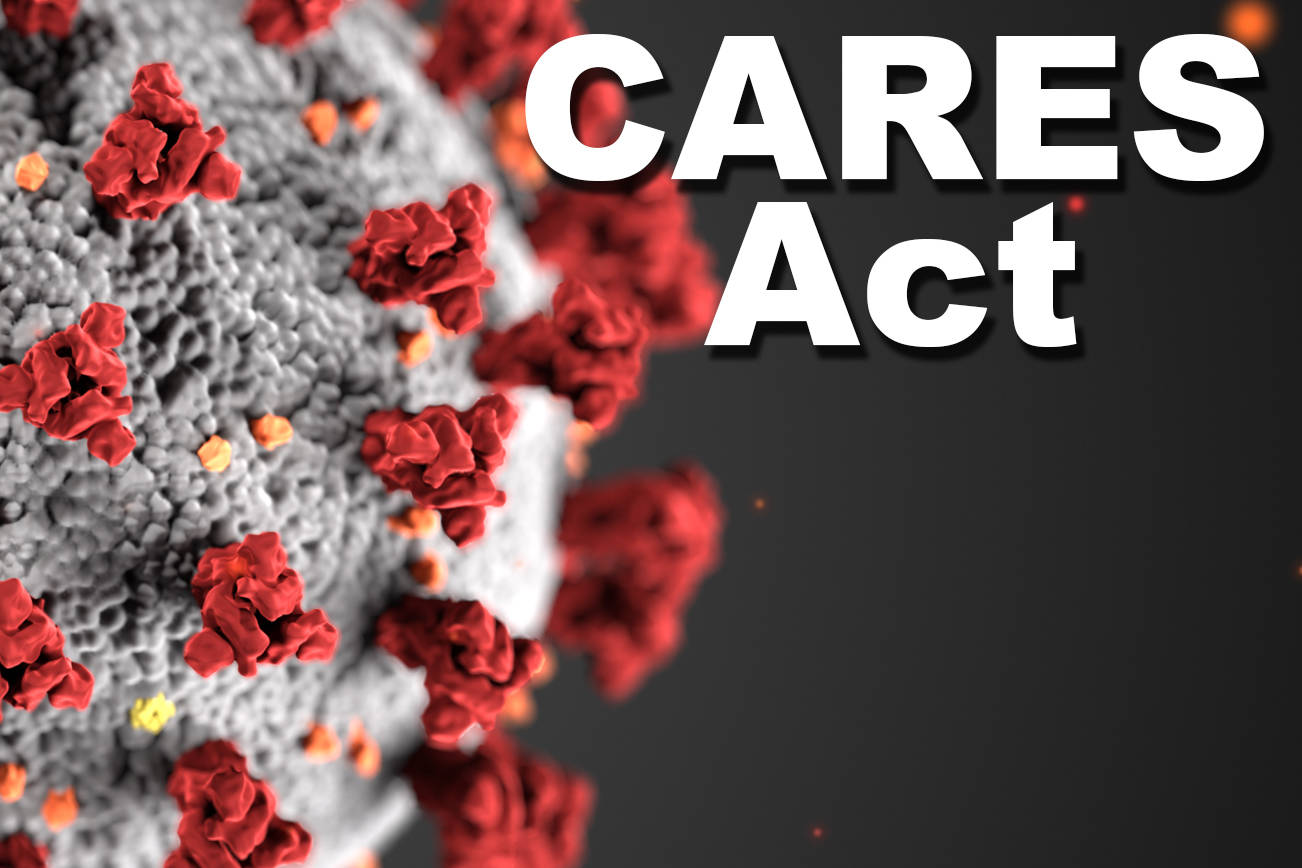Alaska’s COVID-19 relief program for businesses has seen a flood of new applications since the eligibility criteria was changed last month, state officials said during a Tuesday night press conference with Gov. Mike Dunleavy.
As of Aug. 31, the eligibility requirements for the AK CARES grant program were expanded to include businesses that received any amount of federal assistance through the Paycheck Protection Program or other forms of COVID-19 relief.
Julie Anderson, commissioner of the Department of Commerce, Community and Economic Development, said that on Monday — the day that the new eligibility criteria went into effect — the state received 812 applications asking for $56 million in relief. In total, as of Monday, the state has received 5,785 AK CARES applications.
More than 3,200 applications for the grant program were received after the state’s online portal akcaresonline.org went live at the beginning of August.
Nearly half of those applications, 47% according to Anderson, have come from commercial fishers, who were initially ineligible for the relief because their commercial fishing permits were not considered business licenses.
Altogether, the state received $301.3 million in funding requests through the AK CARES program, but only $290 million was set aside for the program. Anderson said that her department is still accepting new applications, but there is now a notice on the application portal that says that not all requests will be fully funded, and not all requests will be accepted.
Also during the press conference, officials addressed unemployment assistance available to Alaskans.
More than 90,000 Alaskans have received unemployment insurance since March, with about 60,000 still receiving payments, Tamika Ledbetter, commissioner of the Department of Labor and Workforce Development, said. At the end of July, the extra $600 a week in federal unemployment insurance ended, but the state received approval for a FEMA grant that will provide an extra $300 a week to compensate for the lost federal payments. That unemployment insurance has yet to be distributed, and Ledbetter said it’s about six weeks away. The payment amounts will be retroactive starting when the $600 per week ended.
Ledbetter also said that her department is ready to help with looking for work or job training, and unemployed Alaskans are encouraged to contact their local job center or visit labor.alaska.gov for more information on the resources that are available.
In addition to addressing economic issues, Dunleavy took time during the press conference to commend the commercial fishing industry for their efforts to mitigate the spread of COVID-19 during the fishing season. Dunleavy noted that while outbreaks did occur at several processing plants across the state, none were tied to out-of-state workers who had brought the disease into Alaska from elsewhere, which was the primary concern at the beginning of the season.
“They were pretty diligent in making sure their folks followed the rules,” he said. “Of course, in any human endeavor, nothing is perfect. But nonetheless, the result of that has been, I think it’s pretty safe to report, that they did a pretty good job. The communities did a pretty good job. The people working did a good job.”
Dunleavy also fielded several questions unrelated to the pandemic.
When asked about Alaska Attorney General Kevin Clarkson’s resignation, he declined to make a comment and asked that further questions be related to the ongoing pandemic. Clarkson resigned last week after it was revealed that he had sent hundreds of inappropriate texts to a female state worker.
“That issue was dealt with according to law, and there are statutes that allow and prohibit certain comments on that,” Dunleavy said. “And so once again, if that’s a question you want answered, you can send it to our press, they’ll screen it through our department of law to make sure that the answers you’re given are in conjunction with applicable law to actually talk about that issue.”
Dunleavy was also asked about a social media post he made on Tuesday criticizing Montana-based company Sitka Gear for its public opposition to oil and gas development in the Arctic National Wildlife Refuge. He said he considered it his responsibility to call out companies that do things to “hurt Alaska.”
“Absolutely, I think it’s my job as the governor to call out a company that’s not located in Alaska that makes money off an Alaskan city’s name, a great city, to the detriment of Alaskans,” Dunleavy said. “Again, if you’ve got any more questions on that issue we can answer them in a different setting, but we’re trying to focus on the virus here. Nonetheless, that would be my answer.”
Reach reporter Brian Mazurek at bmazurek@peninsulaclarion.com.


